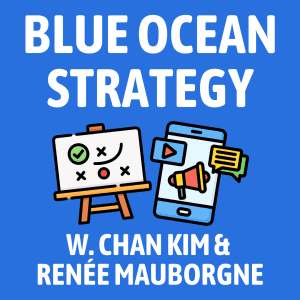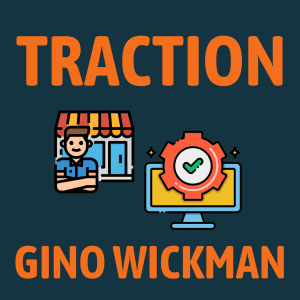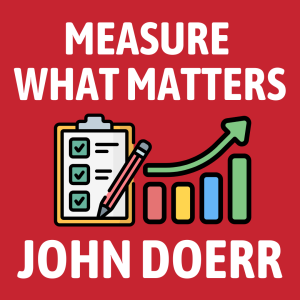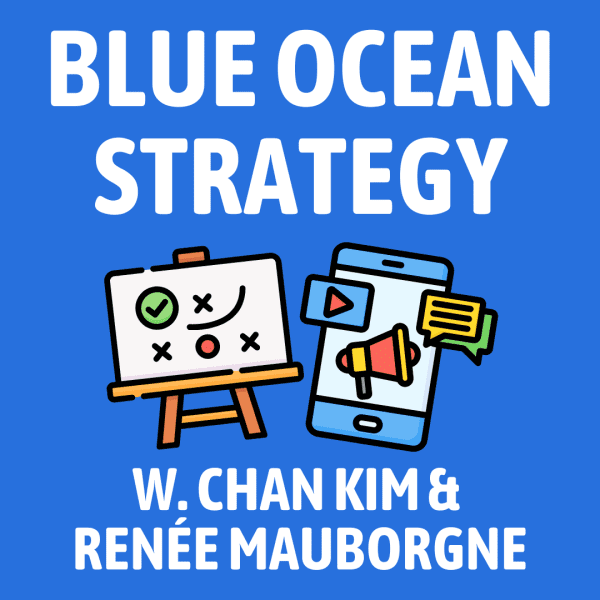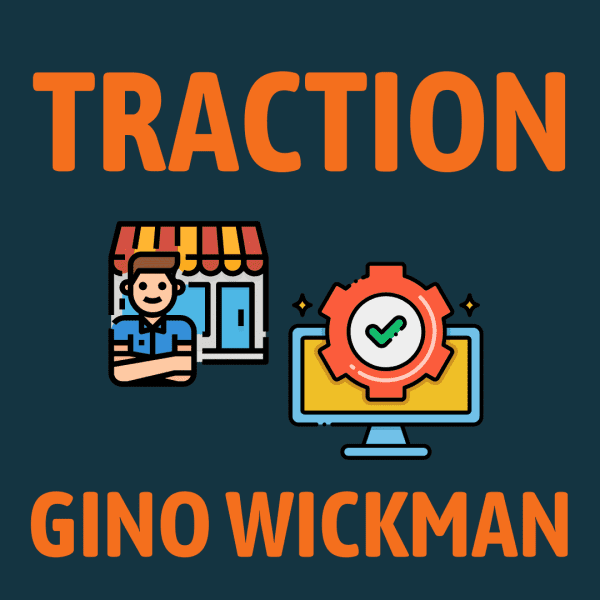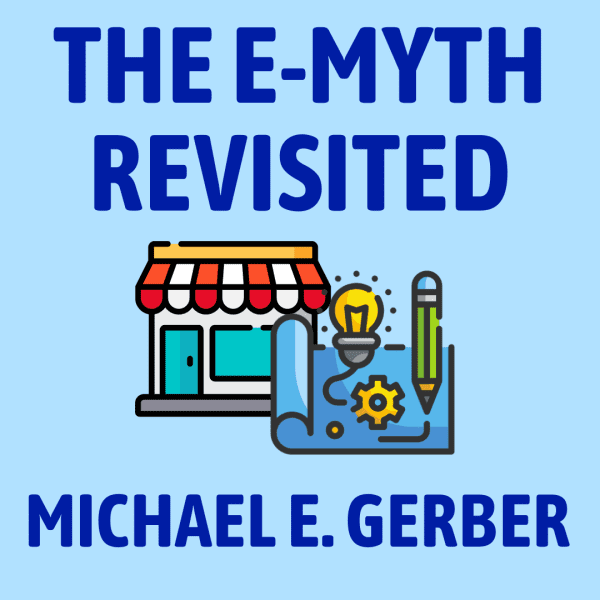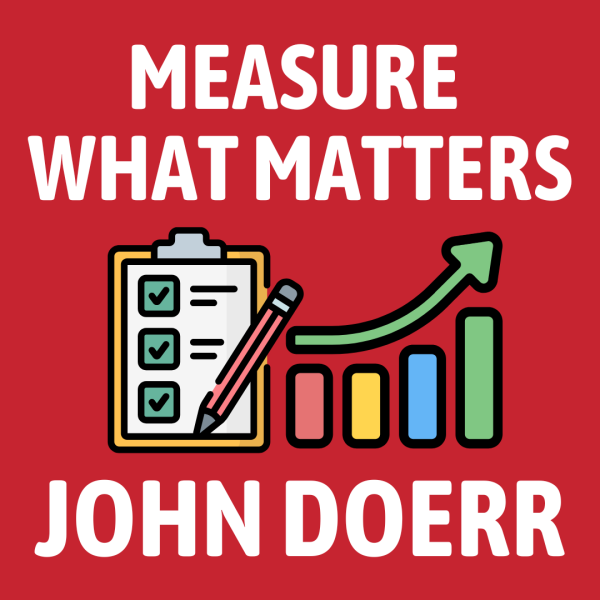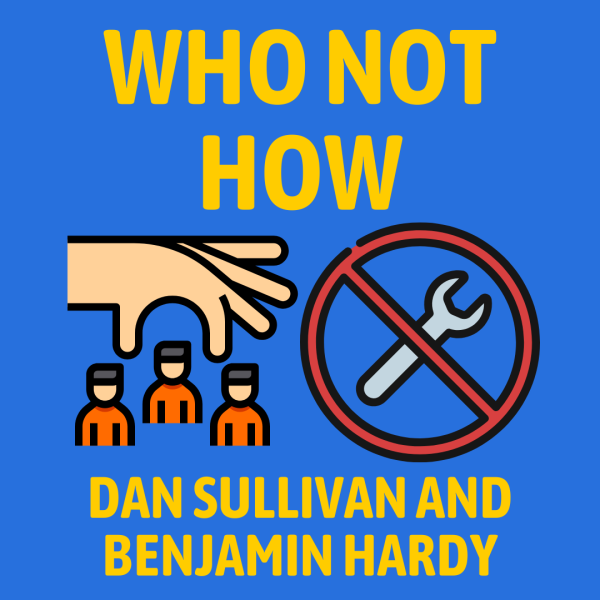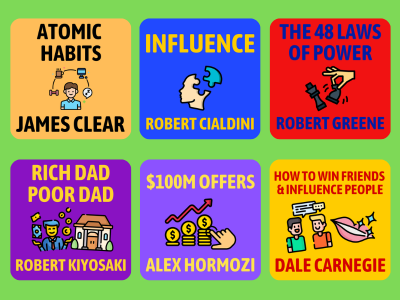"Blue Ocean Strategy" by W. Chan Kim and Renée Mauborgne introduces a groundbreaking approach to strategic business planning, focusing on creating uncontested market spaces (Blue Oceans) rather than competing in overcrowded markets (Red Oceans).
Why read it?
Imagine that instead of focusing on beating your competitors, you could create a whole new market space where you had none?
It's an idea that is both liberating and compelling.
Through numerous case studies, these authors show how it has been done in the past and how we may be able to create our own Blue Ocean.
This book is a must read for anyone who wants to be an innovator and redefine their market so they can win.
Traction explains an 'operating system' that can help entrepreneurs achieve more control and organization in your business.
Gino Wickman has assembled many practical management tools including: a 10-year vision, a people-grading chart, a data dashboard, a systems documentation method, and 90-day priorities called "Rocks."
Why read it?
If you're burning out trying to push your small business beyond the startup phase and into real, sustainable growth, "Traction" by Gino Wickman may be right for you.
Wickman cuts through the noise with the Entrepreneurial Operating System (EOS), a clear framework that has helped many business owners stop spinning their wheels; and finally gain the grip to drive their business forward. 🛞
The E-Myth Revisited by Michael E. Gerber is a crucial read for entrepreneurs, explaining why 80% of small businesses fail and offering invaluable strategies for success.
It teaches how to get your business to run without you, using systems and processes, that reduce your work and stress.
It shows how to work ON your business, not just IN it.
Why read it?
Decades after it was published, this book continues to be a much-recommended bestseller for entrepreneurs worldwide.
Its evergreen popularity is proof of the timeless business wisdom packed inside.
If you’ve ever questioned why running your “dream business” feels more like working a nightmare 80-hour-per-week job, then this book is what you need!
It’s like having a business coach in your pocket, telling you exactly HOW to work smarter rather than harder. (Hint: by building systems in your business.)
"Measure What Matters" by John Doerr is a book about a system called OKRs (Objectives and Key Results).
It’s a simple way to set goals and measure progress so you can stay focused and get things done.
The book shows how big companies like Google and Intel use OKRs to dominate their industries, and how you can use them too—whether for a team, a business, or even for your personal goals.
Why read it?
You should read Measure What Matters because it teaches a super simple and powerful way to set goals as a team and actually achieve them. There are great case studies from inside top companies and startups like YouTube, Adobe, and MyFitnessPal.
Trying the method, I was able to focus on my top goals and make progress on them in a measurable way.
If you want a clear plan for reaching your goals and a way to track how you're doing, this book is awesome.
Who Not How by Dan Sullivan and Benjamin Hardy teaches that success isn’t just about working harder—it’s about finding the right people to do things for you.
That means when you face a challenge, instead of asking, “How do I solve this?” you should ask, “Who can help me solve this?”
Why read it?
You should read this because you’re doing way too much, and it’s slowing you down.
Seriously—Who Not How is like a slap in the face (in the best way) for anyone who thinks “working harder” is the answer.
If you’ve ever tried to do everything yourself—build the business, write the emails, fix the printer, make the coffee—this book will hit you like a revelation.
It’s not about being the hero; it’s about finding your Whos—the people who can do what you suck at (or just don’t want to do).
You’ll finally understand how to grow faster, stress less, and stop being the bottleneck in your own life.
Read this if you’re ready to get out of your own way—and maybe finally take a real weekend off.

